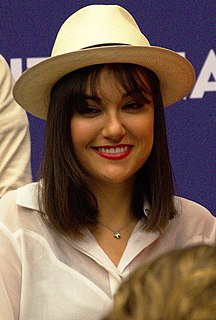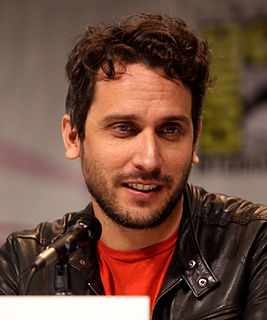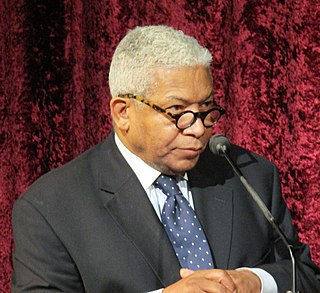A Quote by Marguerite Yourcenar
Want of passion is, I think, a very striking characteristic of Americans, not unrelated to their predilection for violence. For very few people truly have a passionate desire to achieve, and violence serves as a kind of substitute.
Related Quotes
Non-violence is a very powerful weapon. Most people don't understand the power of non-violence and tend to be amazed by the whole idea. Those who have been involved in bringing about change and see the difference between violence and non-violence are firmly committed to a lifetime of non-violence, not because it is easy or because it is cowardly, but because it is an effective and very powerful way.
My approach to violence is that if it's pertinent, if that's the kind of movie you're making, then it has a purposeI think there's a natural system in your own head about how much violence the scene warrants. It's not an intellectual process, it's an instinctive process. I like to think it's not violence for the sake of violence and in this particular film, it's actually violence for the annihilation of violence.
I think we can see violence in a whole range of realms. We certainly see it in the media, where extreme violence is now so pervasive that people barely blink when they see it, and certainly raise very few questions about what it means pedagogically and politically. Violence is the DNA, the nervous system of this system's body politic.
I must remind you that starving a child is violence. Suppressing a culture is violence. Neglecting school children is violence. Punishing a mother and her family is violence. Discrimination against a working man is violence. Ghetto housing is violence. Ignoring medical need is violence. Contempt for poverty is violence.
Non-violence is very weak in the theoretical sense; it cannot defend itself. But it is most powerful in the action situation where people are using non-violence because they want desperately to bring about some change. Non-violence in action is a very potent force and it can't be stopped. The people who are struggling have the complete say-so. No man-made law, no human ruler, no army can destroy this. There is no way it can be destroyed... And so, if we have the capacity to endure, if we have the patience, things will change.
What's very interesting about the violence in Lebanon and the violence in Iraq and the violence in Gaza is this: These are all groups of terrorists who are trying to stop the advance of democracy. They're trying to thwart the will of millions who simply want a normal, hopeful life. That's what we're seeing.
We must realize that violence is not confined to physical violence. Fear is violence, caste discrimination is violence, exploitation of others, however subtle, is violence, segregation is violence, thinking ill of others and condemning others are violence. In order to reduce individual acts of physical violence, we must work to eliminate violence at all levels, mental, verbal, personal, and social, including violence to animals, plants, and all other forms of life.
...people think non-violence is really weak and non-militant. These are misconceptions that people have because they don't understand what non-violence means. Non-violence takes more guts, if I can put it bluntly, than violence. Most violent acts are accomplished by getting the opponent off guard, and it doesn't take that much character, I think, if one wants to do it.
Violence is not merely killing another. It is violence when we use a sharp word, when we make a gesture to brush away a person, when we obey because there is fear. So violence isn't merely organized butchery in the name of God, in the name of society or country. Violence is much more subtle, much deeper, and we are inquiring into the very depths of violence.
I'm really interested in violence. And I think there's an inevitably cinematic property that violence brings to the moviegoing experience. But one still has to be thoughtful and mature about how you depict it and how you think it through. You have to think about the effects that violence has on audiences, and it's deployed so casually that I think it's losing its meaning. And when things like violence and murder and the dehumanization of other people lose their meaning, then we're really kind of in a place where we have to reexamine and take a hard look at ourselves.
Let me be very blunt: the heterosexual transmission of AIDS is, in Africa, a function of truly pathological promiscuity. So this is really a violence issue - not the same violence we deal with in Boston, where teenagers stab and shoot each other, but the violence of African men who are killing themselves, and killing African women and children, with pathological promiscuity.





































